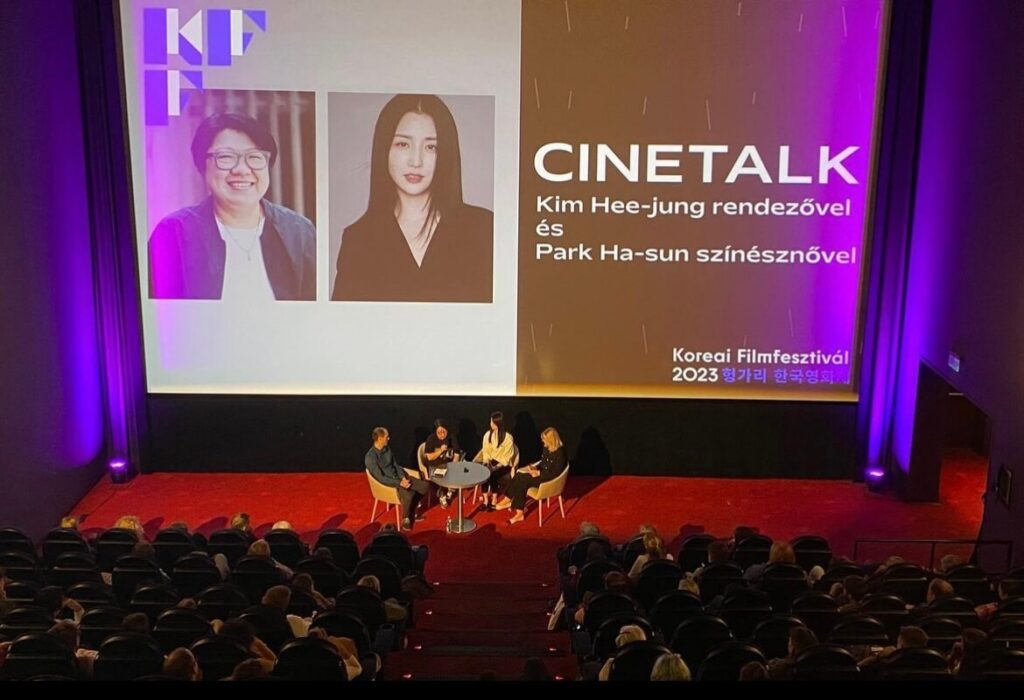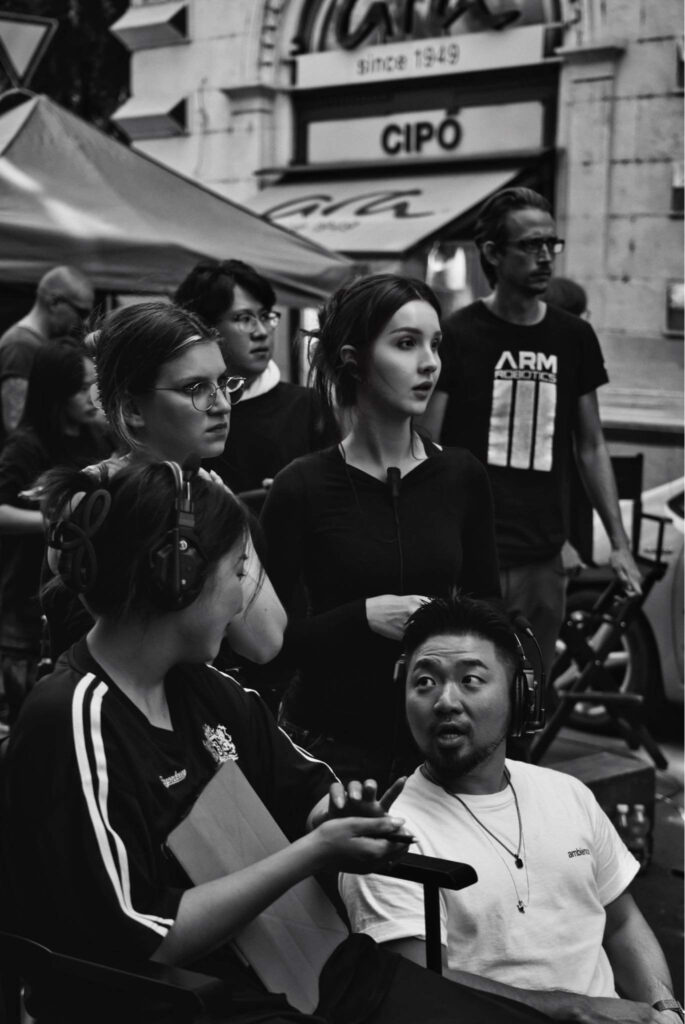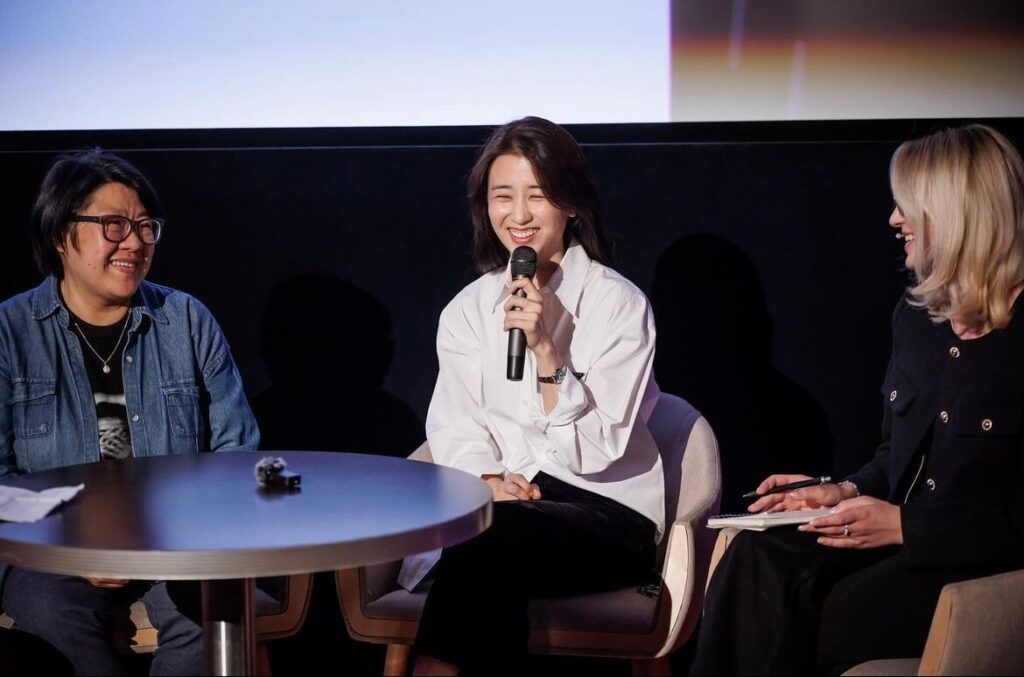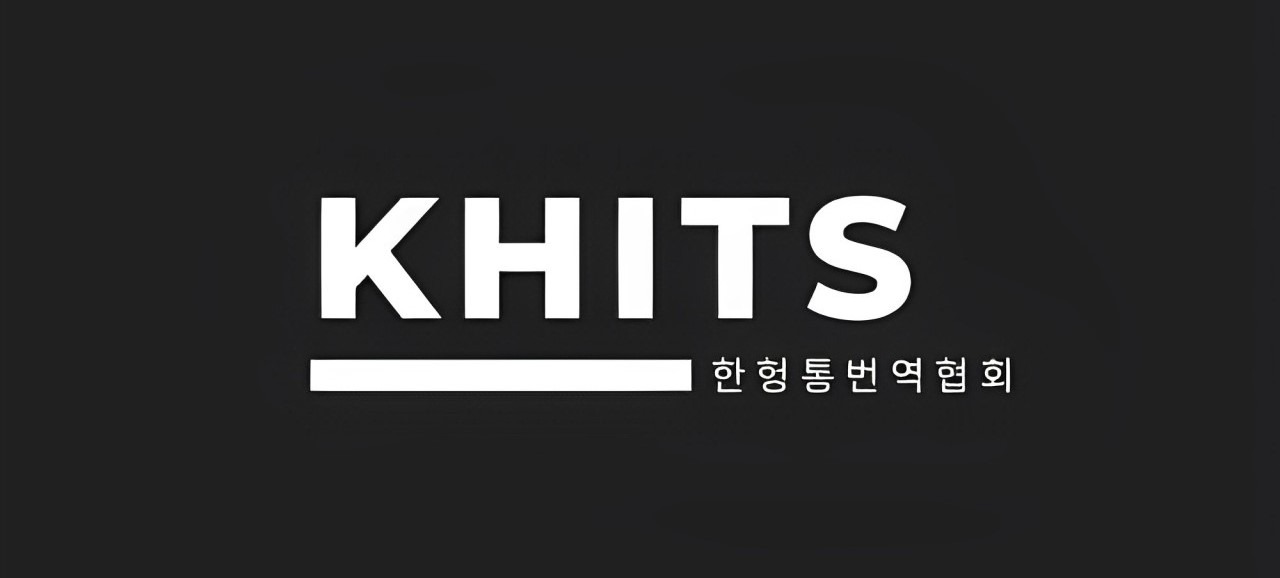
Can you tell us about how the association got started?
Szilvi: There are two main reasons why this project has started. One is that the Korean-Hungarian interpreting community in Hungary is not very supportive. Therefore, we wanted to create a circle together with senior interpreters where we would support each other professionally, welcome new interpreters, train them, and help them in the accreditation process. There is currently no accreditation for Korean interpreters in Hungary, so no one who interprets in Hungary today without a paper would be able to be part of the Hungarian Interpreters Association. They might laugh at us there if we told them of what kind of backgrounds the interpreters come from. One of our founding members studied Korean back in 1991, he is the only one at the moment who can give accreditation as a professional translator and he helps with the exams as well. We have several interpreters who are already accredited translators and have been in the profession for more than ten years, but they cannot keep up with all the projects alone. New translators, on the other hand, do not have the contacts that would allow them to get involved in smaller jobs. So, at first, we simply made a big KakaoTalk group chat with all the translators whose work we trust. Our association then grew out of this.
Kamilla: I am an independent entrepreneur working now as an interpreter and Szilvi was my mentor. She helped me a lot and during our work, we came up with the idea to create some sort of cohesion between the interpreters we like to work with and whose work we trust. However, in Hungary there was no such thing. We could say that Szilvi was the main person behind the idea, but of course, there are more of us with such a vision. Personally, the reason I started it was because I wanted to be part of a circle of people with the same interests as me, who see the same value in interpretation as I do.
What kind of projects do people usually contact you with?
Szilvi: Everybody has their own special field. For example, Kamilla and I work in the media, and we deal with pop culture, some of us work on police and legal matters, consular and embassy cases, or simultaneous interpreting. We have a separate team for shootings because it is of a completely different dynamic nature than consular interpreting. We also have language teachers, so students and teachers are also interested in us. In fact, more and more people are reaching out to us.
What is the biggest difficulty you face in your work?
Szilvi: There are the so-called in-house interpreters who work for Samsung, for example, or other Korean companies, and they have a fixed working time. By contrast, in our case, we get to know about things at the last minute. For example, on one of the last shootings, we found out the day we were going to the airport, that we were going to the set right away and would be there all night.
Kamilla: The crucial part of shooting is that you have to be physically there, but even if you cannot be there, you have to be on stand-by because you must respond to calls immediately. The tricky thing here is that you are a coordinator, an administrator, and an assistant at the same time because if there is anything that needs to be ordered or booked, you will be charged with it because you are the best connection.

What is the Korean attitude towards you and working with you?
Kamilla: They rely on you very much, and they have the idea that you know everything and can do everything. I have not had any negative experience such as being looked down on simply because I’m an interpreter. Obviously, you want to do your best and as a result, they might impose more work on you, but I wouldn’t point that out as a negative either. They just trust you because you speak their language.
Szilvi: There are a lot of tasks that should not be the interpreter’s job but at the same time I think it is part of the profession. Koreans really like the fact that we speak Korean fluently and from the moment you’ve gained the trust of one of them, they will spread the word and everyone will hire you after.
How did it feel when you found out that you were going to work with K-pop artists?
Kamilla: At first, I did not know who I would be working with, because everything is kept top secret. When we were working with Jungkook (BTS), we had already been discussing with the Korean management for several days when we found out who was coming. While being in the dark, I felt the excitement of a fan as if I were a kid, wondering if someone I knew was coming. But when you meet a star like that in person, it is a completely different experience from what you have seen on screen. It is very thrilling, but once you start working with him, you realize he is just like everyone else.
Of all your work so far, what was your favourite project?
Kamilla: For me, the Korean Film Festival was one of my favourites because it was the first time I had done this kind of work. The opening and closing films were directed by the same person, who was present at the screening and along with the lead actress they had a Q&A session with the audience. I had a full set of equipment there, a microphone on my face and I did simultaneous interpretation. It was also the first time I met a director, so it was interesting to see how she saw things and how she approached the questions. It was a great experience not only from a professional but also from a personal point of view, especially as the director invited me to dinner afterwards.

Does the fact that you have to stand in front of the audience while you interpret something cause any extra stage fright?
Kamilla: I feel comfortable in these situations, I like being around people anyway and I like what I do. For me, interpreting is a labour of love, because besides enjoying what I do, I can also help others to communicate, which is very important. Of course, I get stage fright, but this feeling of passion tends to be stronger.
Szilvi: When you interpret, you do not have time to be nervous. You focus on the information coming in, you translate it in your head and just say it out loud immediately.
The other side of the association is that you organise Korean-Hungarian meetings, how did you start that?
Szilvi: I used to organise and participate in language exchange programs in Seoul, that is where the idea came from. I had already been to such programs in Hungary, but the focus was not on language practice. Korean and Hungarian students also indicated that there would be a need for such a thing, so we started organising it to give people a chance to practice the language for free and make friends.
Are there any other plans for the future?
Szilvi: We have a short-term plan to help and train new interpreters and a long-term plan to expand the association. We are already moving in the direction of getting accredited and we would like to offer training with the focus on Korean interpreting. Of course, we would like to organise more significant events so that more networking can develop.




